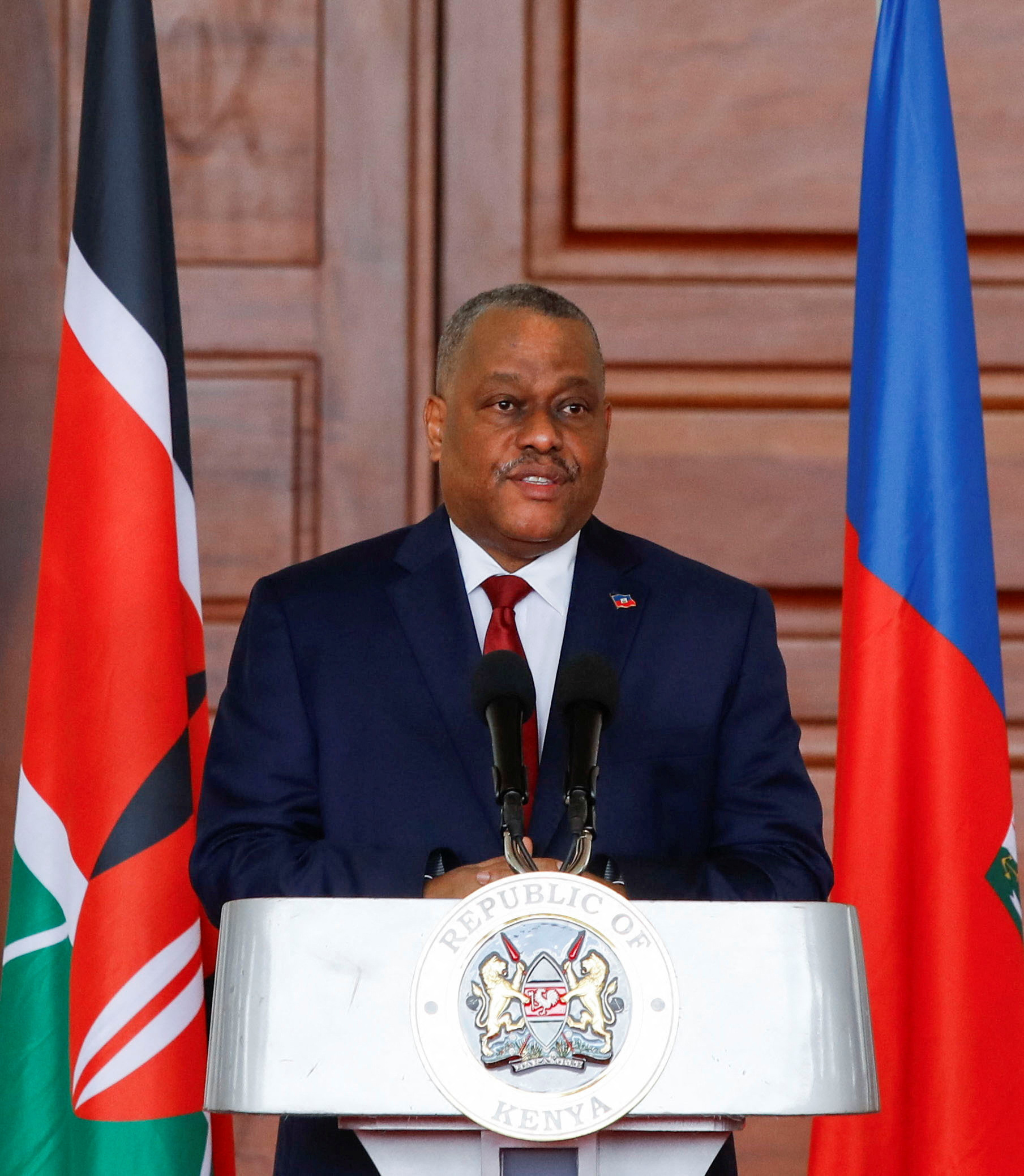Poland Tightens Visa Rules Amid Cash-for-Visa Scandal
Poland is making headlines once again as the government moves to tighten its visa regulations following a shocking probe that has confirmed irregularities during the previous administration. These investigations have exposed a scandal involving the unlawful issuance of visas that has cost the Polish public purse millions.
New visa regulations in Poland may seem strict, but they’re in response to a years-long scandal.
According to Poland’s Foreign Minister, Radosław Sikorski, the new measures will significantly complicate the visa application process for many would-be travelers. Specifically, the government will increase scrutiny on applications, particularly for student visas, to ensure they aren’t being exploited as mere gateways into the Schengen zone, a region that allows free movement across much of Europe.
In a revelatory statement during a recent news conference, Minister Sikorski expressed his dismay at the extent of the previous administration’s negligence, remarking that, “We can confirm that, unfortunately, in a scandalous way, unlawful pressure was exercised over Polish consuls.” This pressure was aimed at inflating visa issuance numbers, even for individuals from countries where they might not naturally qualify for entry.
A Deep Dive into the Scandal
The roots of this scandal trace back to the years 2018 through 2023, a period when it appears that Polish consulates, particularly in Asia and Africa, fell prey to corrupt practices. A Supreme Audit Office report exposed that these consulates issued thousands of visas in exchange for hefty payments, often far surpassing legal fees. In one notable instance, visas were issued to Indian farmers who were misrepresented as Bollywood filmmakers.
The visa application process in Poland is set to become more rigorous as investigations continue.
During the audit, it was revealed that one agency alone was responsible for over 4,200 visas. Some applicants reportedly shelled out as much as 30,000 zlotys (approximately $7,600 or 7,000 euros) for the privilege of obtaining these visas. Such exorbitant fees raise serious questions about the integrity of the visa application system in Poland.
In an ironic twist, while the previous government, the Law and Justice party, has positioned itself as staunchly anti-migrant, it simultaneously fostered this cash-for-visas environment, catering to those willing to pay under the table.
Future Implications
With heightened security controls on visa applications, the question remains: will these measures effectively deter future corrupt practices? Minister Sikorski’s initial response to the scandal saw a hike in visa fees, which were previously among the cheapest in Europe, potentially sending a paradoxical message that Poland is an unwelcoming place for migrants—despite its facilitation of illegal visa acquisitions just a short time ago.
The political landscape in Eastern Europe is turbulent, often leading to questionable practices in governance.
A growing concern is whether these changes will impact Poland’s economy. Will stricter visa regulations close the door on legitimate students and tourists seeking to enter Poland? Or will they instead deter unlawful activities stemming from the previous corrupt practices?
Comprehensive reforms are necessary to restore faith in Poland’s visa system. However, the challenge lies in balancing national security without alienating those who genuinely intend to visit or study in Poland.
Conclusion
As Poland navigates the fallout from this scandal, the government’s commitment to improving the transparency and legality of its visa system will be put to the test. With audits underway and public scrutiny ever-increasing, it remains to be seen how effective these measures will be in preventing corruption while ensuring legitimate access for foreign nationals to explore the rich and diverse culture of Poland.
For those observing Poland’s evolving immigration landscape, the next steps taken by the government will be critical in setting the standard for future practices. It appears that Poland is at a crucial juncture in its journey toward establishing a fair and transparent visa system, one that prioritizes integrity over impropriety.


 Photo by
Photo by 












